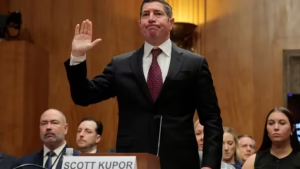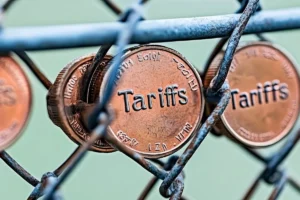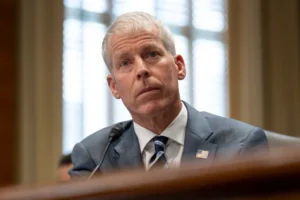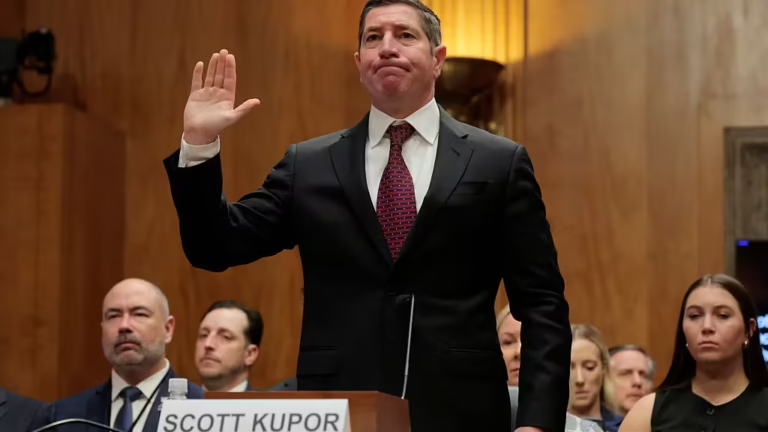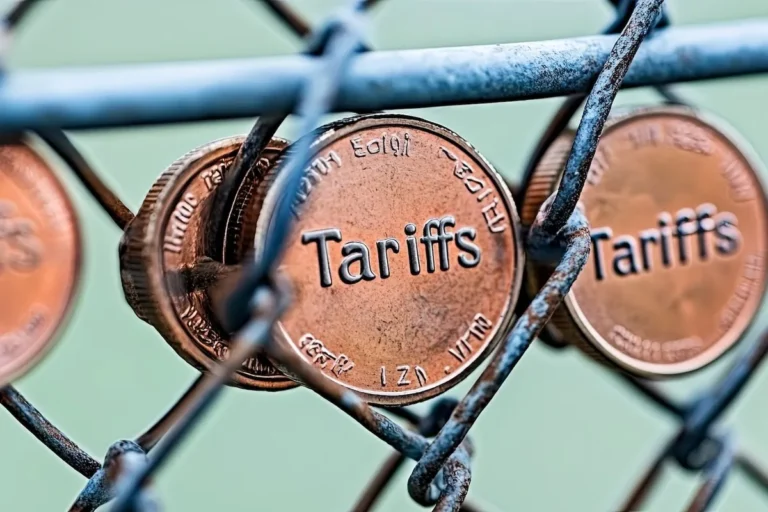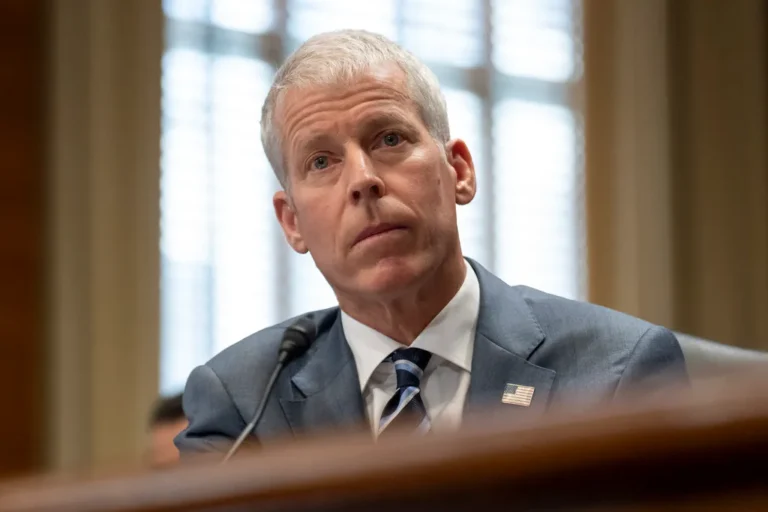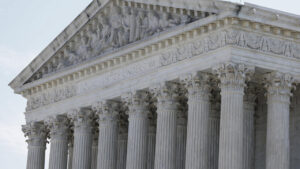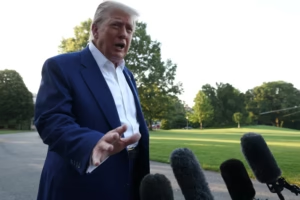Federal Court Halts Trump Administration’s Proclamation
US Judge Blocks Trump, A federal judge in Boston has blocked the Trump administration’s effort to bar foreign students from entering the U.S. to study at Harvard University. The ruling, delivered by U.S. District Judge Allison Burroughs, issued a preliminary injunction that halts enforcement of a proclamation President Donald Trump signed just days earlier.
The proclamation would have prevented international students from attending Harvard and participating in exchange programs, citing national security concerns. It also directed Secretary of State Marco Rubio to consider revoking visas of students already enrolled.
Judge Cites Threat to Free Speech and Academic Freedom
Judge Burroughs, an Obama appointee, ruled that the administration’s action likely violated the U.S. Constitution’s First Amendment. She argued the move was retaliatory and politically motivated. In her opinion, the administration had targeted Harvard due to its perceived liberal stance and refusal to yield to federal pressure regarding admissions and curriculum.
“At its root, this case is about core constitutional rights that must be safeguarded,” Burroughs wrote. “Freedom of thought, freedom of expression, and freedom of speech — each is a pillar of a functioning democracy and a hedge against authoritarianism.”
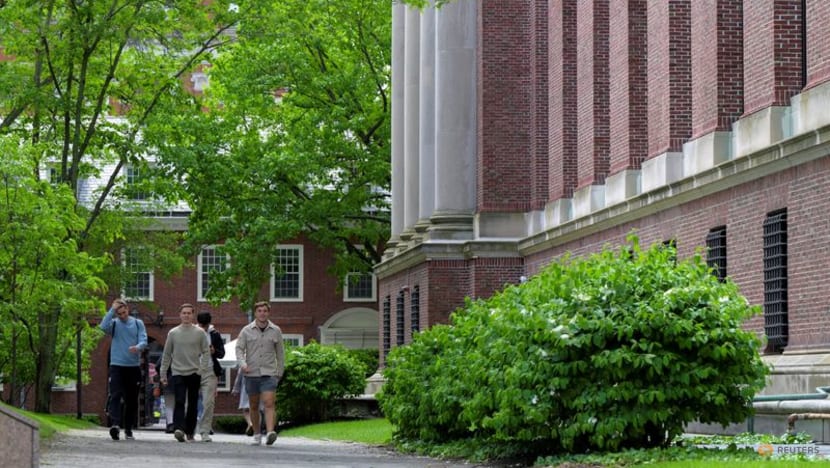
Harvard’s Legal Battle Intensifies
Harvard University has been locked in a legal standoff with the Trump administration for months. The school filed two separate lawsuits: one to challenge the freeze on approximately $2.5 billion in federal funding, and another to stop efforts to ban international students.
The latest legal victory allows Harvard to continue enrolling international students while the case proceeds. Nearly 6,800 international students are enrolled at Harvard, representing about 27% of its total student population.
In a statement following the ruling, Harvard said it would “continue to defend the rights of our students, faculty, and scholars from around the globe.”
Trump Administration’s Accusations and Escalating Pressure
President Trump signed the proclamation following a series of escalating actions against Harvard. These included freezing billions in federal funds, threatening the school’s tax-exempt status, and launching multiple investigations. The administration has accused Harvard of fostering antisemitism, failing to protect Jewish students, and coordinating with foreign entities, including the Chinese Communist Party.
Homeland Security Secretary Kristi Noem previously announced that the department had revoked Harvard’s Student and Exchange Visitor Program (SEVP) certification. This would have barred the school from enrolling international students entirely. That decision was also temporarily blocked by Judge Burroughs.
Antisemitism, Islamophobia, and Campus Tensions
The Trump administration claims its actions are based on concerns for Jewish students’ safety. However, rights advocates argue that these actions have been selective and politically motivated. While antisemitism and Islamophobia have reportedly surged amid the Israel-Gaza war, the administration has taken no action over anti-Muslim hate incidents.
Harvard’s own task forces on antisemitism and Islamophobia released reports in April confirming widespread fear and bigotry on campus. The reports acknowledged deep-rooted issues that the university is actively working to address.
White House Silent, Political Tensions Remain High
The White House has not commented on the ruling. Trump had previously hinted at reaching a deal with Harvard, but no formal agreement has been announced. With court protections now in place, Harvard is likely to continue its legal resistance against what it views as politically driven overreach.
Judge Burroughs emphasized the broader implications of the case: “The government’s misplaced efforts to control a reputable academic institution and squelch diverse viewpoints… threaten core constitutional freedoms.”
A Pivotal Win for Academic Freedom
Judge Burroughs’ ruling represents a significant blow to President Trump’s immigration crackdown and efforts to reshape higher education policy. By safeguarding international students’ rights and defending academic independence, the court has drawn a clear line against federal interference in university operations.
As the legal battle continues, Harvard and other institutions remain on alert. The case highlights the growing clash between academic freedom and federal policy — a battle that may shape the future of education and immigration in America.
For more latest news checkout our website: usnewsinsight

